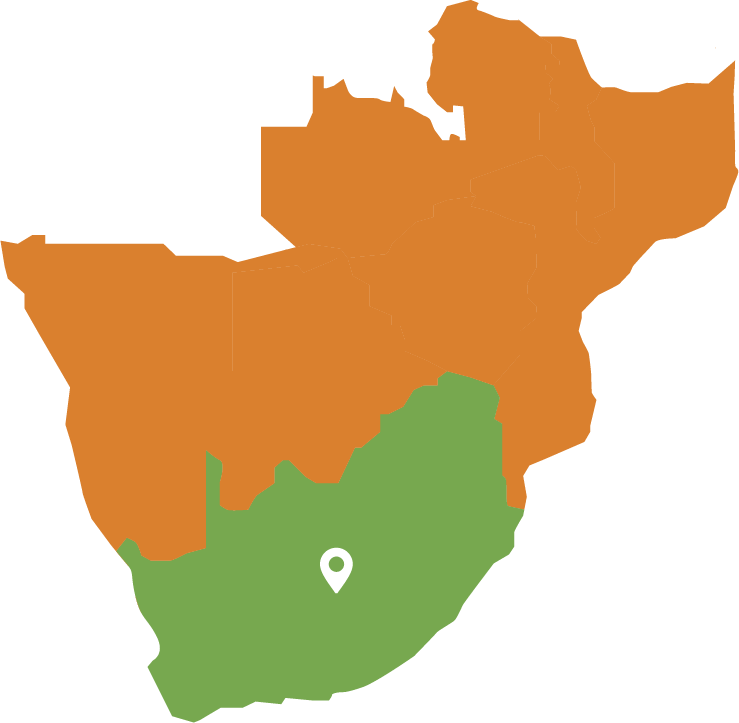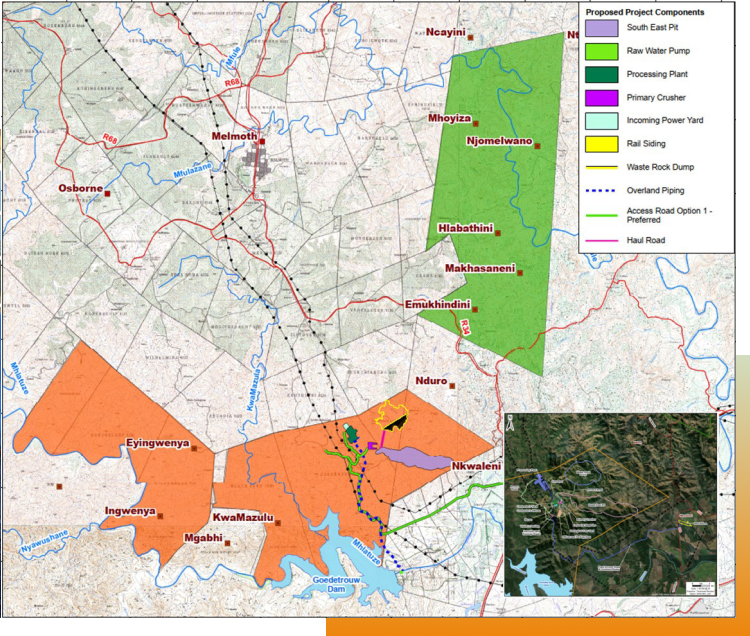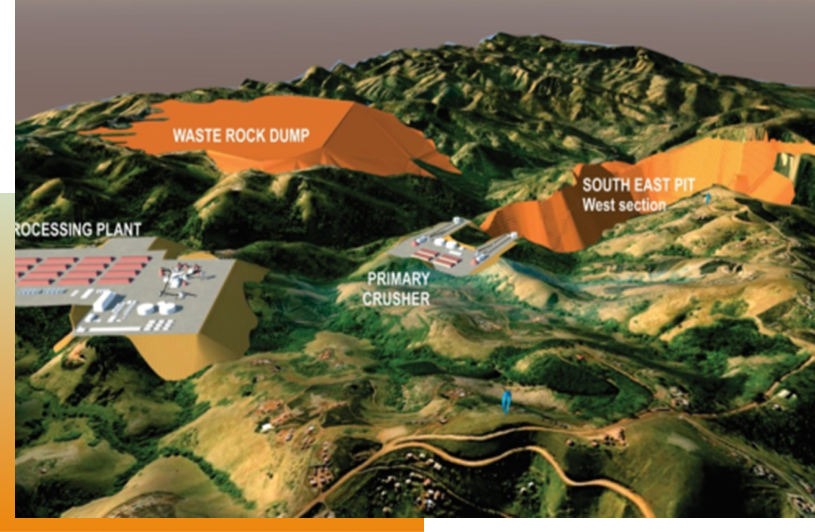Jindal Africa feels that the biggest South African investment is on the horizon, with the current vision to substantially invest in Jindal’s flagship project, a Melmoth iron ore project development with an 32MTPA operation at steady state to produce approximately 7 mtpa of iron ore concentrate containing 67% Fe.
This magnetite resource with potential reserves of more than a couple billion tonnes is located 25 kilometres Southeast of the Melmoth, a small town under King Cetshwayo district municipality in KwaZulu-Natal. This abundant open cast resource has a favourable strip ratio, with significant ramp up production anticipated on this unexplored prospecting area.
Since acquiring these two respective areas, comprising of 21 000 hectares, the company has aggressively commenced with exploration activities in 2012 to prove the Magnetite Iron Ore potential in entire license area followed by detailed exploration to quantifying JORC complaint resource estimate to the tune of over 1 billion at mass yield of 22.7% in small block of 4sqkm.



